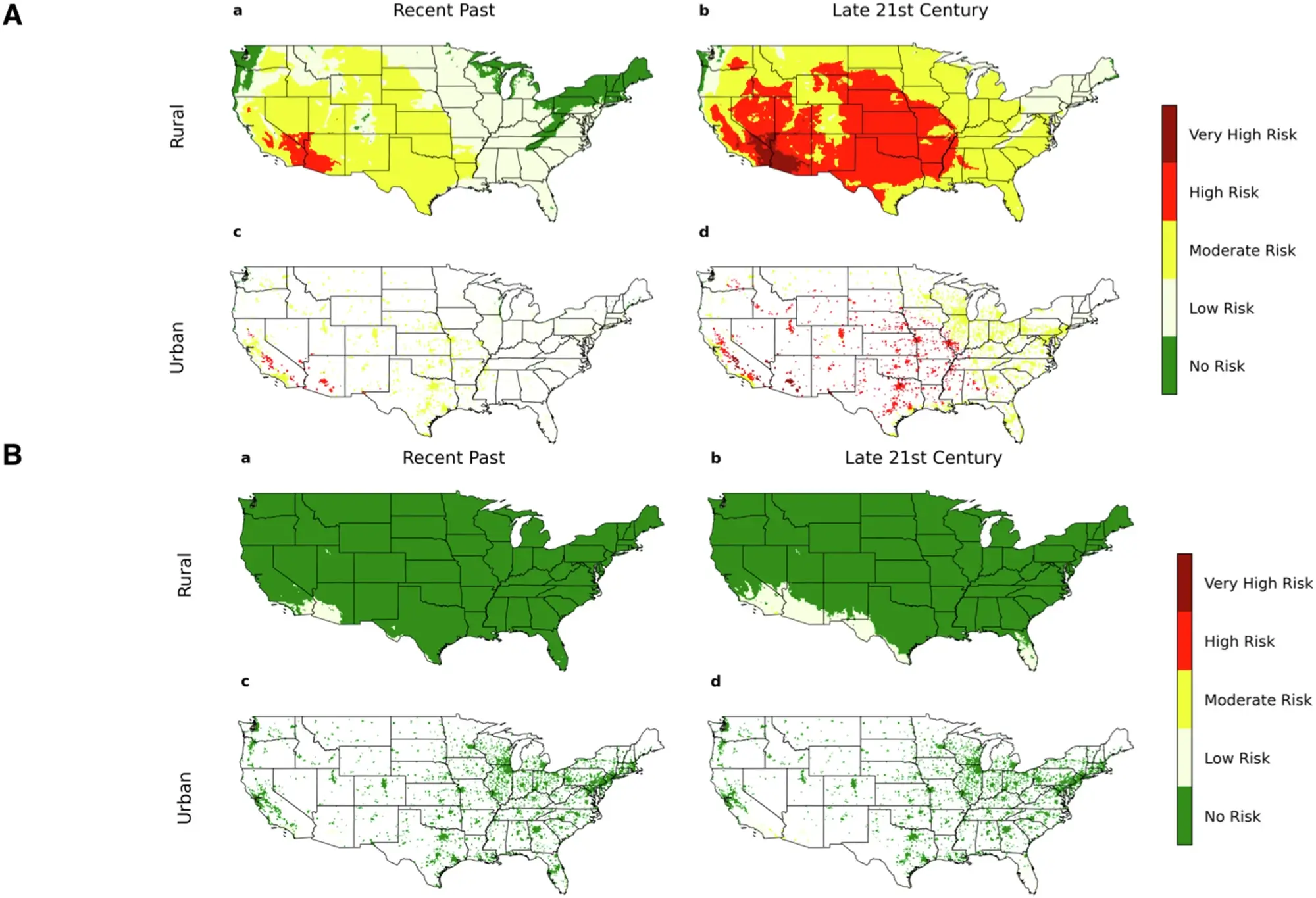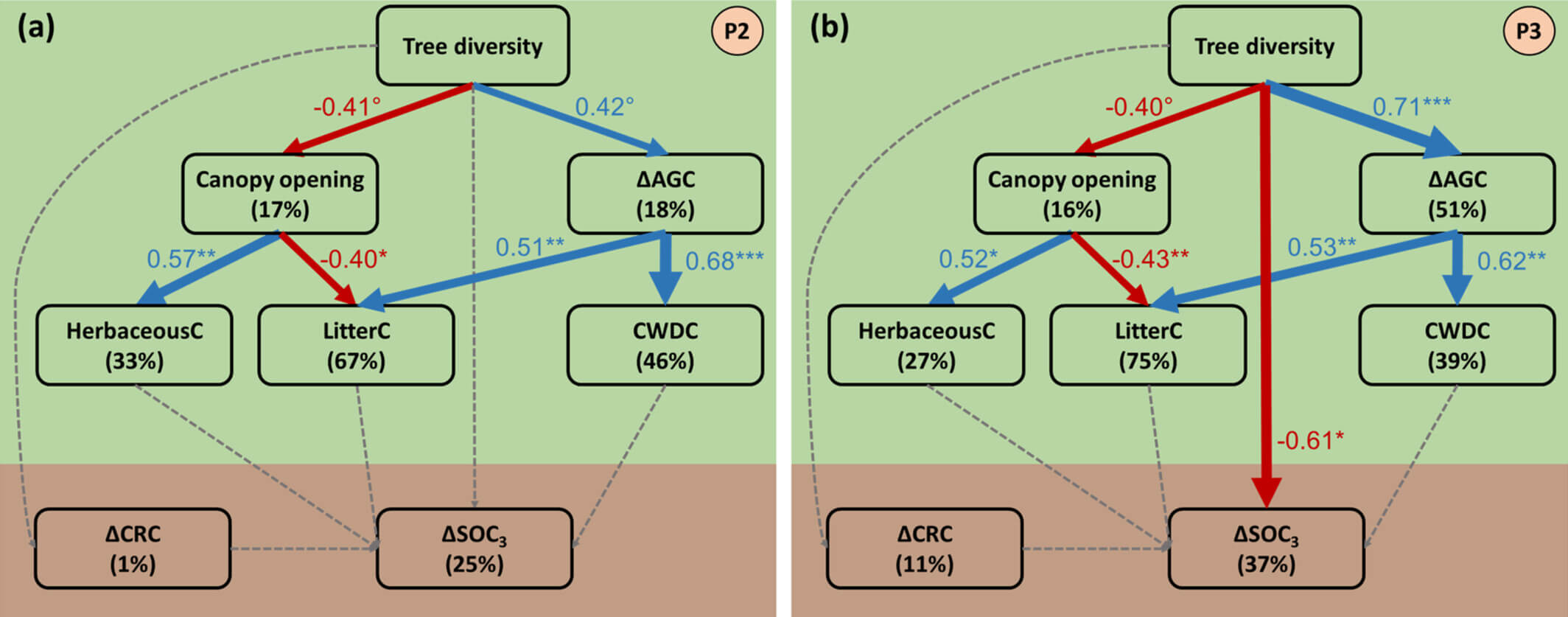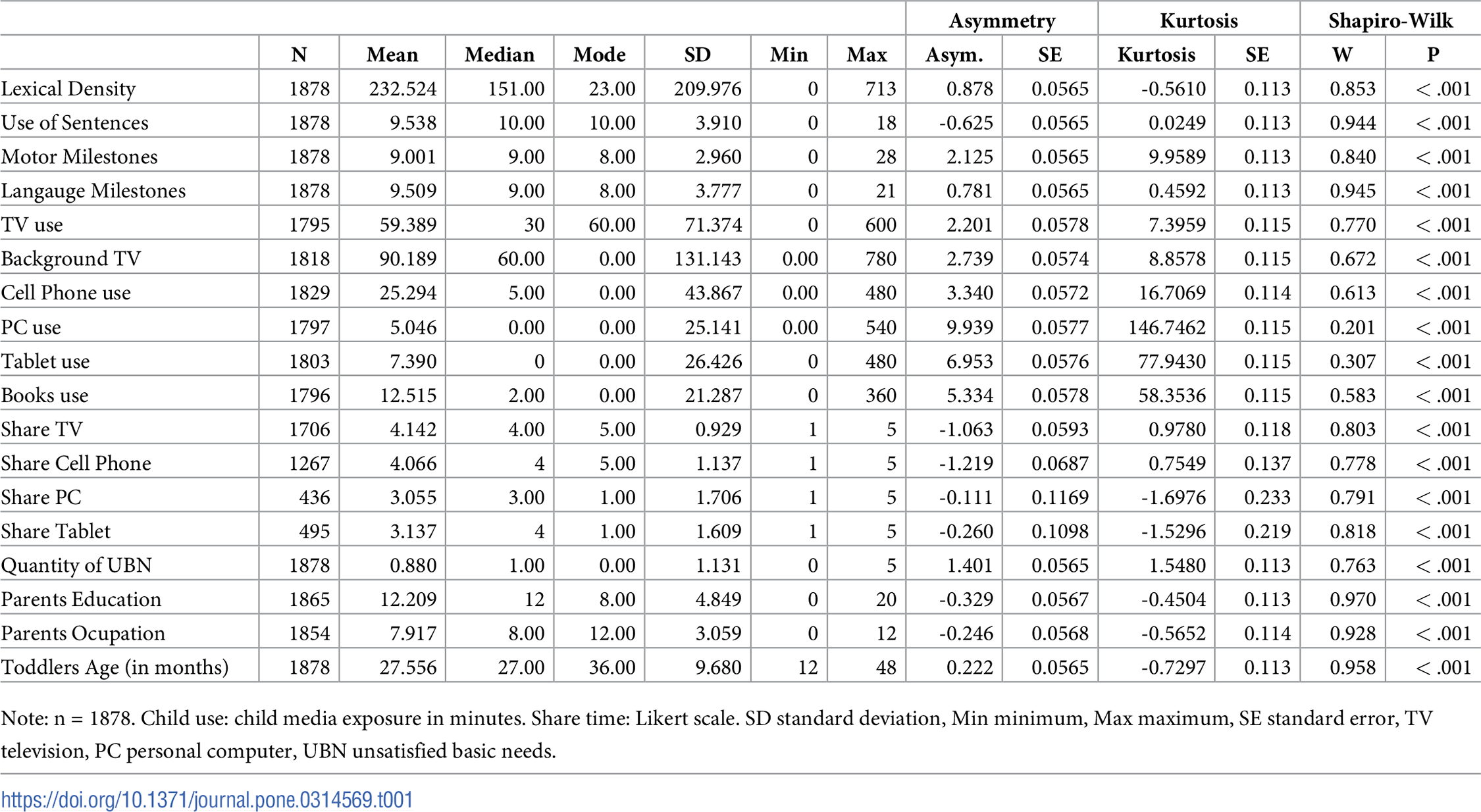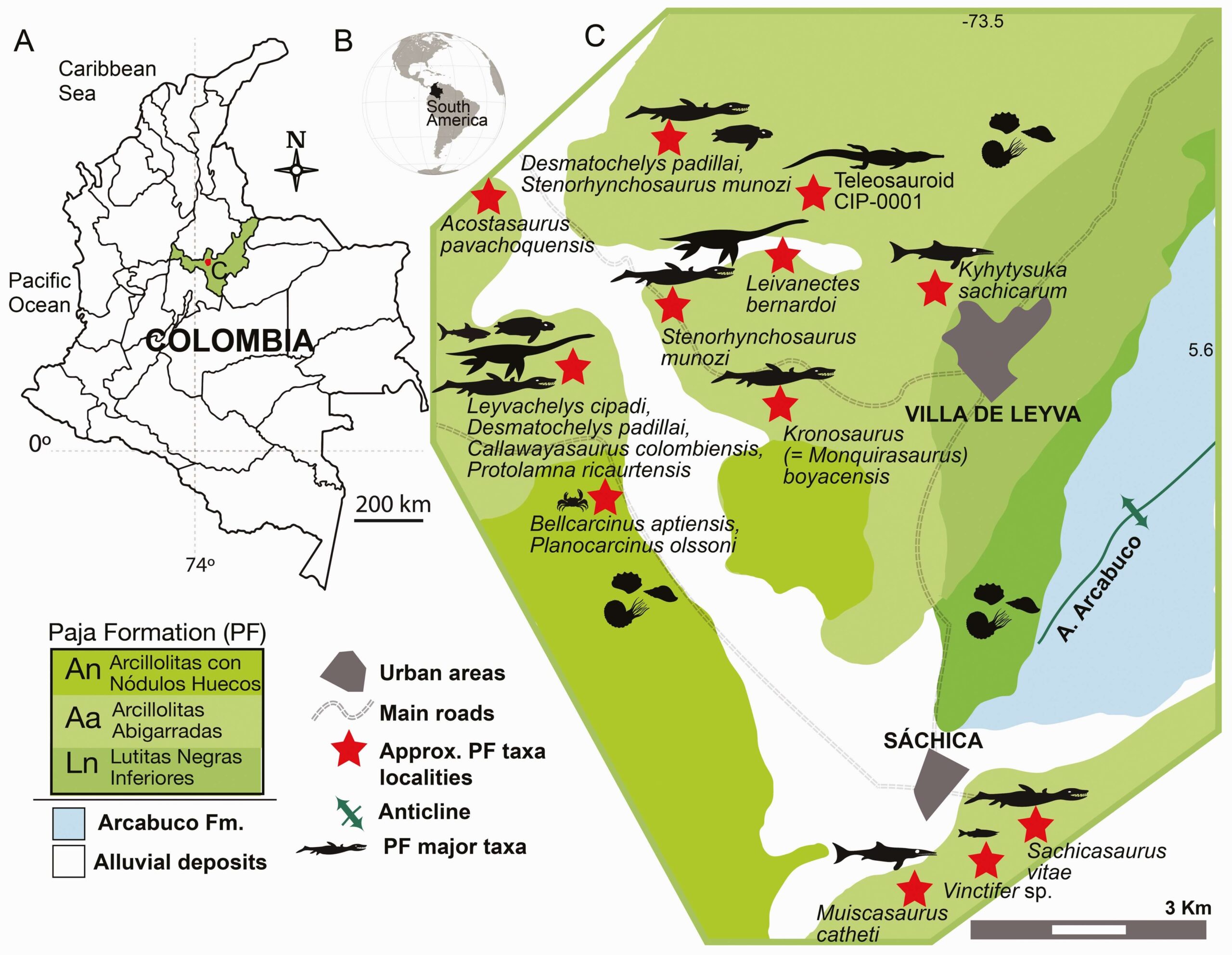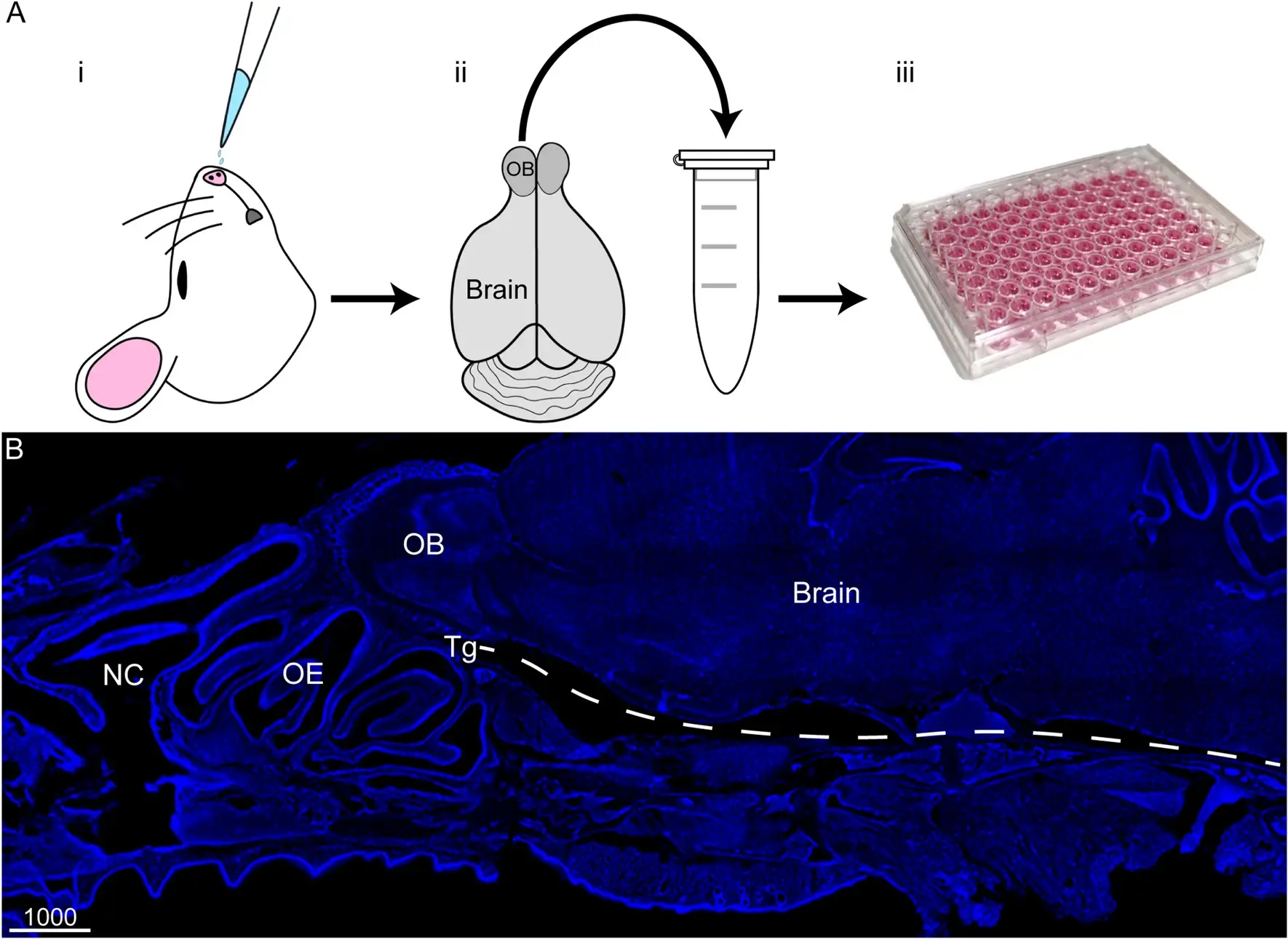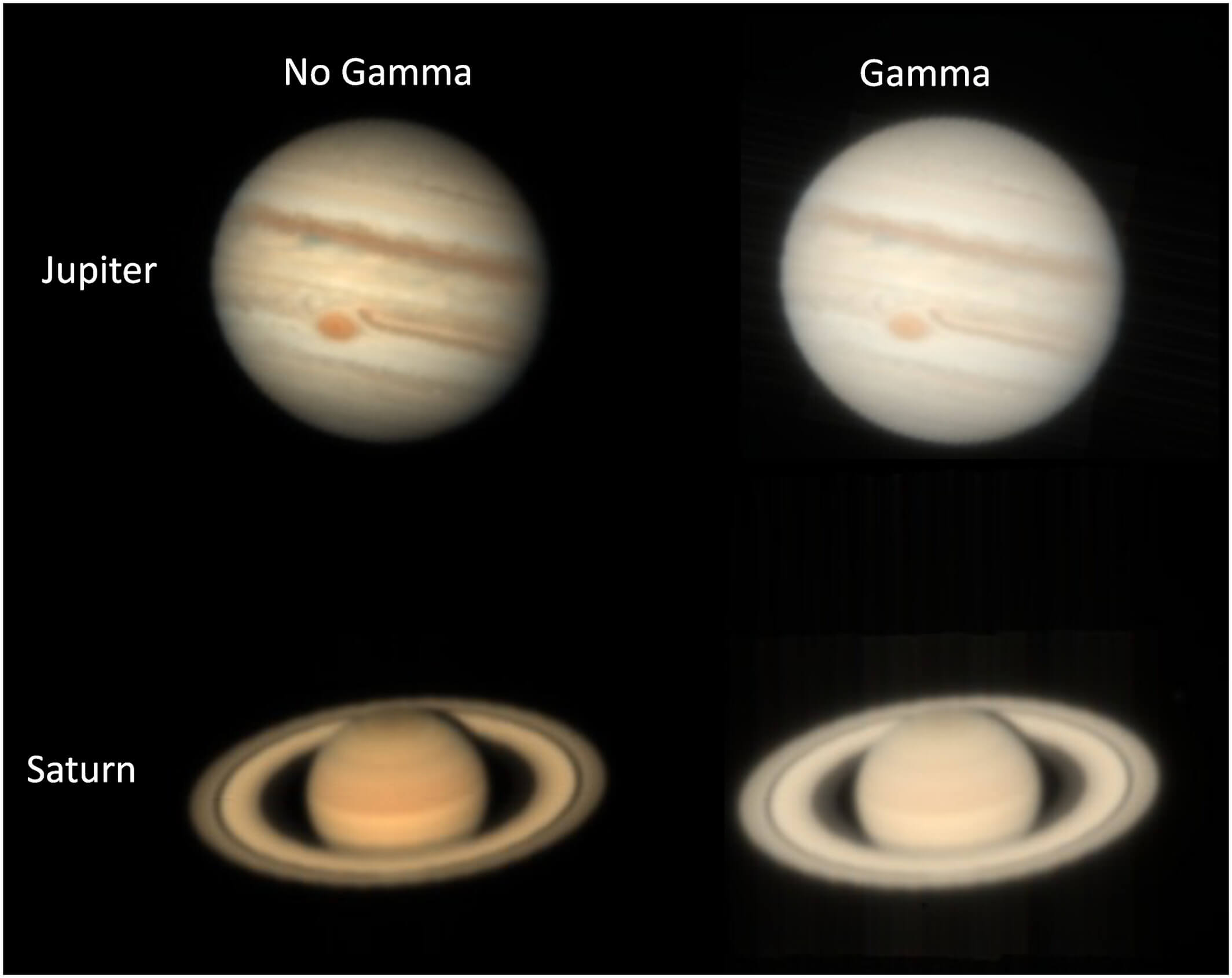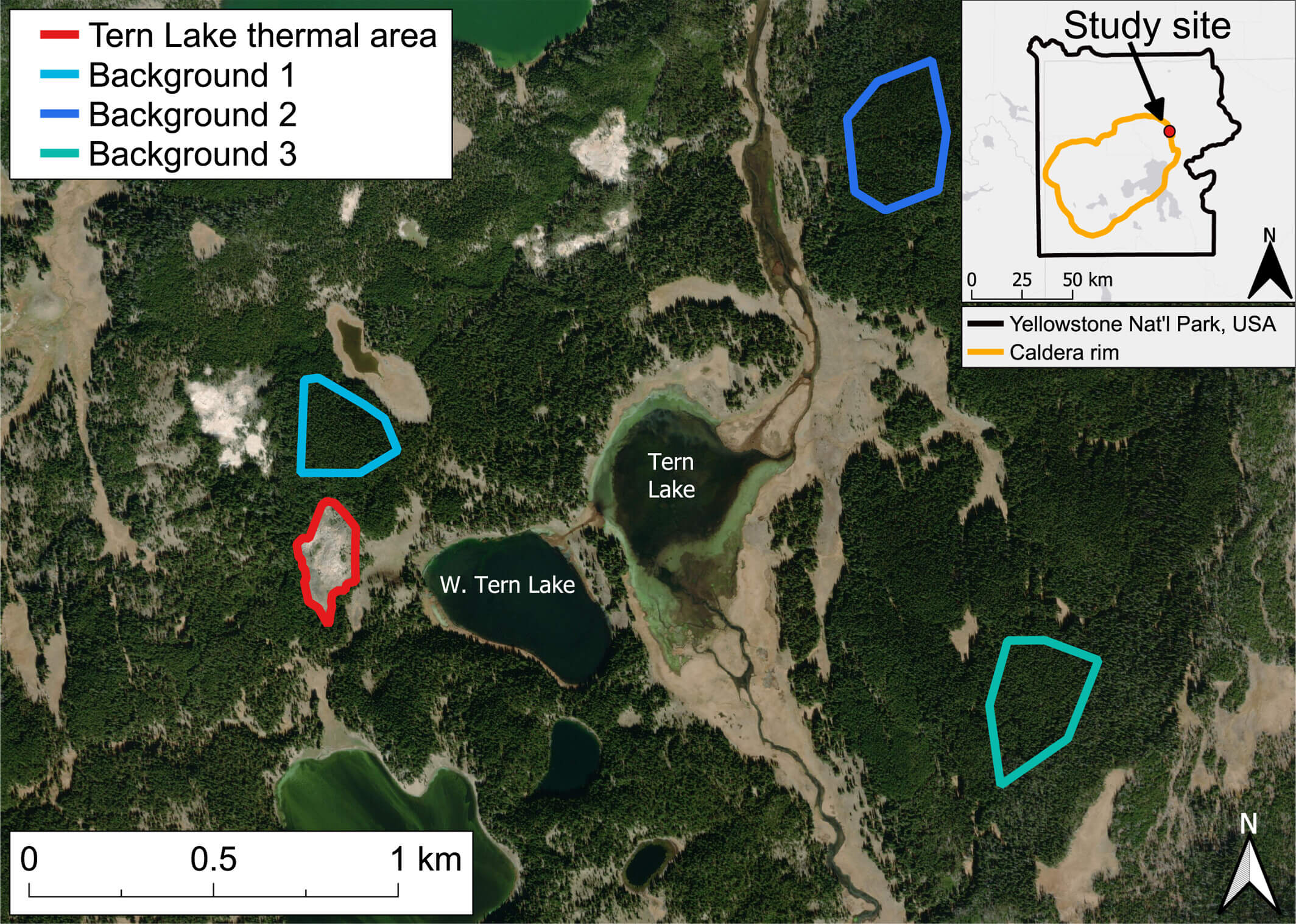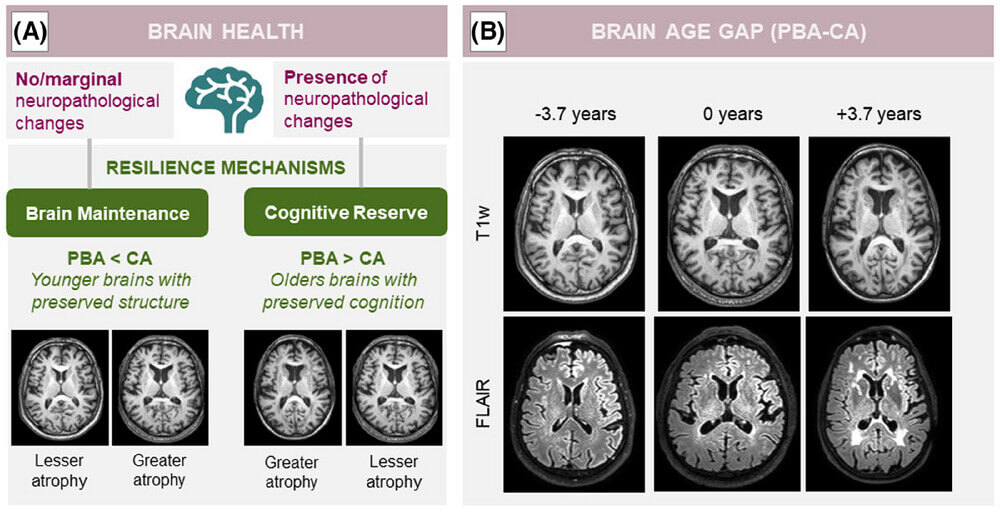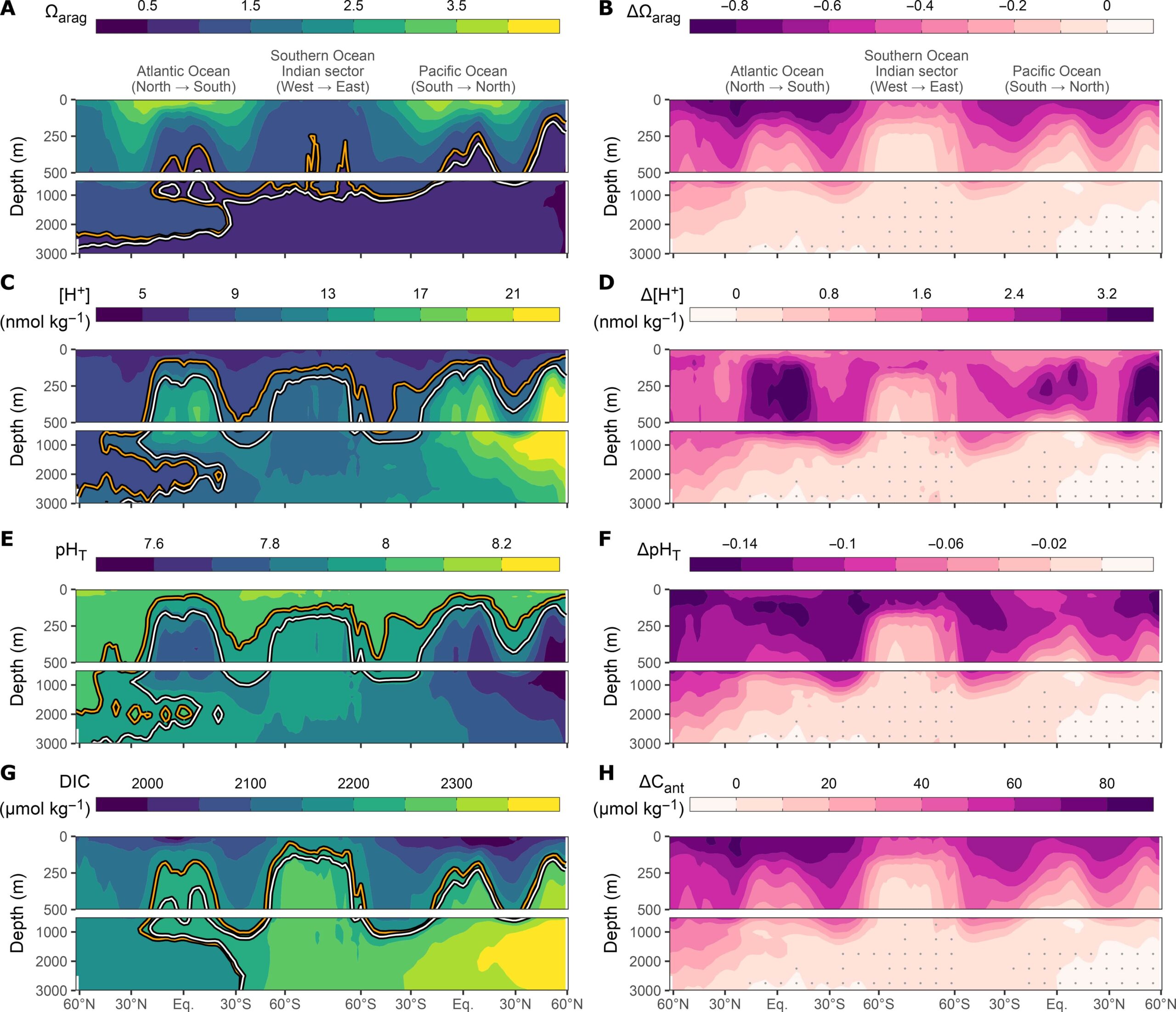
In a groundbreaking study, scientists have revealed a hidden transformation taking place within the depths of our oceans. Over the past two centuries, human activities have driven significant changes in ocean chemistry, a process known as ocean acidification. This research explores the extent to which anthropogenic, or human-induced, CO₂ has permeated ocean interiors, fundamentally altering their chemistry and potentially impacting marine life in ways previously underestimated.
Uncovering the Depths of Acidification
The study shines a spotlight on the often-overlooked deeper layers of the ocean, which have been absorbing excess CO₂ emitted through industrial activities. While the surface ocean has been extensively studied, the progression of acidification in the ocean’s interior remains less understood. Researchers aimed to reconstruct the history of ocean acidification, focusing on how anthropogenic CO₂ has affected the deep sea since the industrial era began.
The Methodology: Tracing Carbon’s Underwater Path
To uncover these changes, the researchers employed a combination of historical data and modern observation-based estimates. They traced the accumulation of anthropogenic carbon, referred to as C_ant, across the ocean’s depths. By analyzing trends from 1800 to 2014, they were able to document how the ocean’s chemistry has shifted over time. This was achieved through the integration of data on dissolved inorganic carbon (DIC), temperature, and other essential biogeochemical factors.
Key Findings: A Deepening Crisis
One of the most striking findings of the study is the extensive penetration of anthropogenic CO₂ into the ocean’s depths. This deep-reaching acidification has been shown to significantly alter the chemistry even several hundred to thousands of meters below the surface. The vertical penetration is not uniform, however, revealing regional variations that offer insight into the complex dynamics of ocean acidification.
- Shoaling of Aragonite Saturation Horizons: The research highlighted the shoaling, or upward movement, of the aragonite saturation horizon. This boundary indicates where the water is supersaturated with aragonite, a form of calcium carbonate crucial for marine organisms like corals and shellfish. The shoaling has been particularly pronounced in the Southern Ocean, suggesting an alarming trend where vital habitats for marine life are becoming less hospitable.
- Impact on Marine Organisms: This transformation is not just a chemical change—it has real biological implications. Species such as pteropods, small sea snails that are an essential part of the marine food web, are at risk. The study points to an increase in shell dissolution, which compromises the survival of these organisms and, by extension, affects the broader marine ecosystem.
Implications for the Future
The study’s findings underscore the urgent need for continued monitoring and mitigation efforts to address the impacts of ocean acidification. The deep ocean’s vulnerability highlights a critical aspect of climate change that often escapes immediate scrutiny, due to its less visible nature compared to surface ocean changes.
- Long-term Impact and Policy Considerations: The research suggests that even if CO₂ emissions were halted immediately, the acidification process would persist due to the CO₂ already absorbed by the ocean. This so-called “acidification in the pipeline” underlines the necessity for robust policies aimed at reducing carbon emissions and protecting marine environments.
- Guiding Future Research and Models: The insights gained from this study will help refine models that predict the future state of ocean acidification. By improving our understanding of how CO₂ disperses through different ocean layers, scientists can better anticipate the ecological impacts and guide conservation efforts.
A Call to Action
As this study reveals, the deep ocean is not immune to the effects of human-induced CO₂ emissions. The changes occurring beneath the waves are a silent testament to the broader environmental challenges we face. These findings serve as a clarion call for both scientists and policymakers to take proactive measures in safeguarding our oceans for future generations.
Through continued research and strategic action, there is hope that we can mitigate the impacts of ocean acidification, preserving the delicate balance of marine ecosystems that countless species, including humans, depend upon.
References

